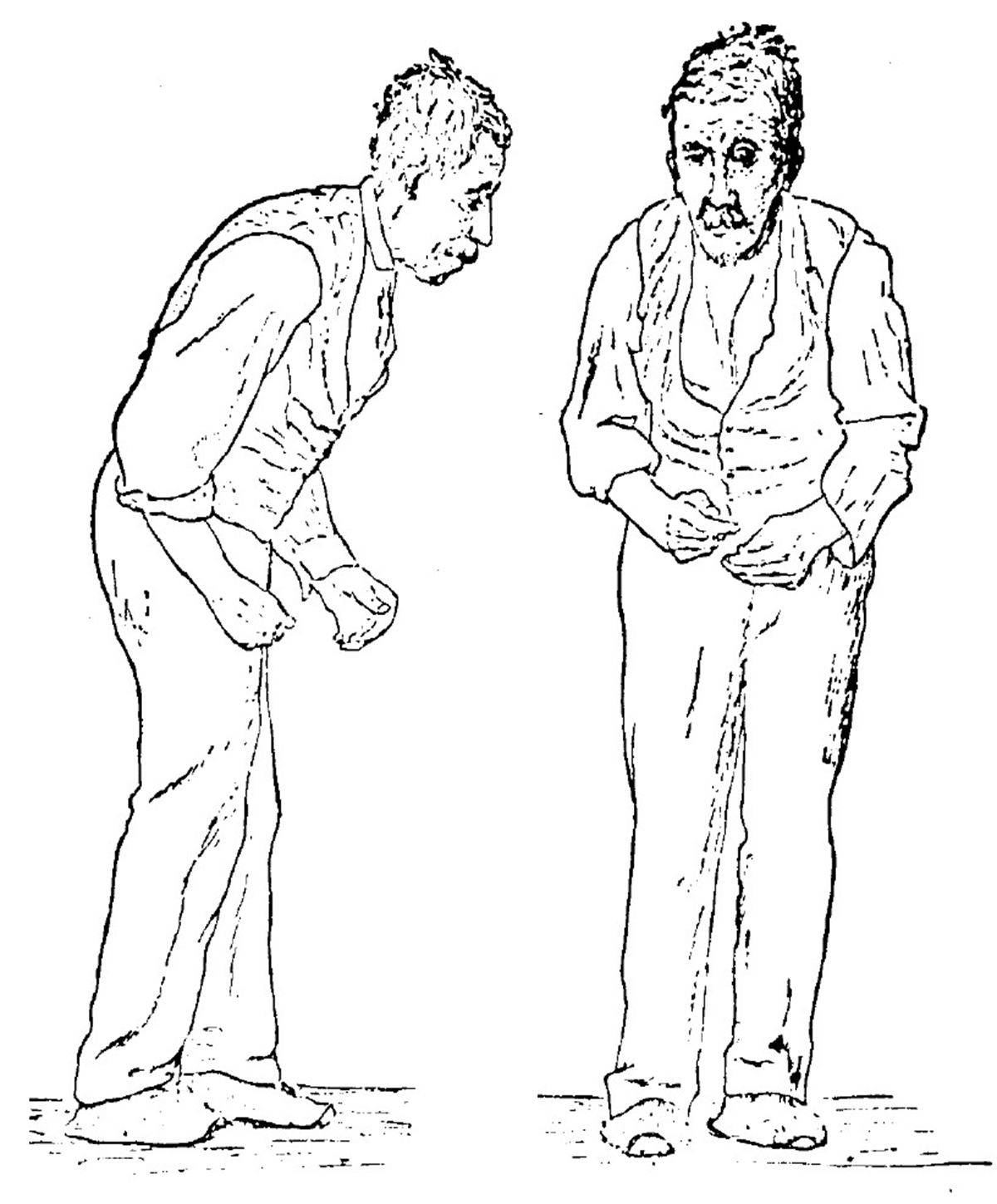
Some nervous disorders cannot be predicted, including Parkinson’s disease or PD. This is one progressive neurological disorder affecting 1 out of every 500 people. It is also known as shaking palsy and the cause of this disorder is inadequate amount of brain cells which produce dopamine.
Patients suffering from PD experience significant loss of these dopamine producing cells. In most of them, about 80% of these cells are damaged, degenerated or completely destroyed and thus the remnant cells do not produce enough dopamine. Parkinson’s disease has no cure at the moment. Scientists and doctors have no solution for this disorder and medications prescribed to such patients may only slow down and ease some of the symptoms for some time.
Parkinson’s Disease Symptoms
People suffering from Parkinson’s disease usually experience 4 basic symptoms. These are trembling (also known as tremor) of the hands, arms, face and legs, as well as trembling of the jaw. Patients also experience stiffness of their limbs and trunk. Many of them start moving very slowly and this is known as bradykinesia. PD patients also have problems with their balance and coordination of the body, the problem which is usually referred to as postural instability. Besides these basic symptoms, there are some other signs of Parkinson’s disease such as depression, dementia and hallucinations. Many times, it is very hard to notice these symptoms.
Ayurveda for Parkinson’s Disease
Ayurveda is traditional Indian system of medicine and healing, believed to be one of the oldest still used. The history of this practice goes some 5.000 years in the past and there are many ancient texts describing validated healing methods for many different diseases and conditions. This medicine uses natural remedies made of plants and herbs. It is considered to be safe for use and almost without any or with some mild side effects.
Traditional Ayurveda recognizes Parkinson’s disease under the name of Kampavata, since kampa is the word for shaking and trembling. Ayurvedic practitioners recommend treating “vata” (one of three humors of the body).
Atmagupta Kapikacchu or Mucuna Pruriens is a plant widely used to treat Parkinson’s disease in Ayurveda medicine. Scientists have proven that this plant contains L-dopa, which can be transformed into dopamine in the body. Therefore its use is very similar to the use of some PD medications, which also work on the same principle.
Ayurveda also recommends Sida Cordifolia and Ashwagandha for PD and for depression associated with this disorder Ayurvedic practitioners commonly use Brahmi (Hydrocotyle asiatica) or Jatamansi (Nardostachys jatamansi).


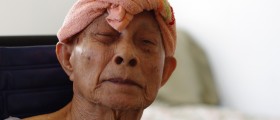



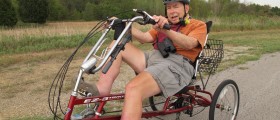
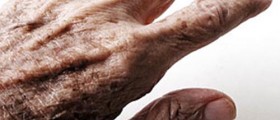

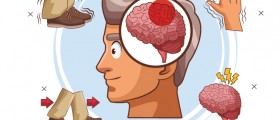





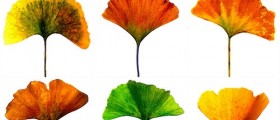

Your thoughts on this
Loading...